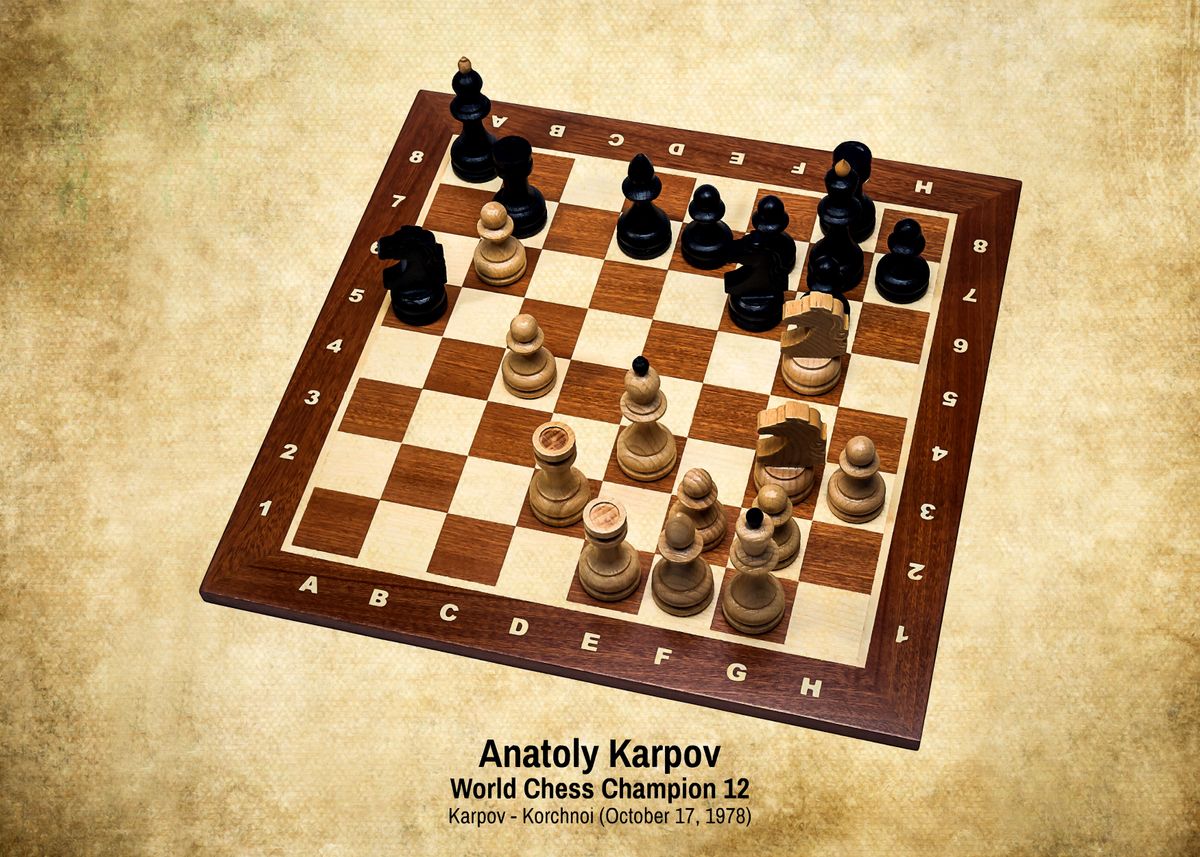Competition between Serum IgG, IgM, and IgA Anti-Glycan Antibodies
Por um escritor misterioso
Descrição
Anti-glycan antibodies are an abundant subpopulation of serum antibodies with critical functions in many immune processes. Changes in the levels of these antibodies can occur with the onset of disease, exposure to pathogens, or vaccination. As a result, there has been significant interest in exploiting anti-glycan antibodies as biomarkers for many diseases. Serum contains a mixture of anti-glycan antibodies that can recognize the same antigen, and competition for binding can potentially influence the detection of antibody subpopulations that are more relevant to disease processes. The most abundant antibody isotypes in serum are IgG, IgM, and IgA, but little is known regarding how these different isotypes compete for the same glycan antigen. In this study, we developed a multiplexed glycan microarray assay and applied it to evaluate how different isotypes of anti-glycan antibodies (IgA, IgG, and IgM) compete for printed glycan antigens. While IgG and IgA antibodies typically outcompete IgM for peptide or protein antigens, we found that IgM outcompete IgG and IgA for many glycan antigens. To illustrate the importance of this effect, we provide evidence that IgM competition can account for the unexpected observation that IgG of certain antigen specificities appear to be preferentially transported from mothers to fetuses. We demonstrate that IgM in maternal sera compete with IgG resulting in lower than expected IgG signals. Since cord blood contains very low levels of IgM, competition only affects maternal IgG signals, making it appear as though certain IgG antibodies are higher in cord blood than matched maternal blood. Taken together, the results highlight the importance of competition for studies involving anti-glycan antibodies.

Maternal IgG and IgA Antibodies Dampen Mucosal T Helper Cell Responses in Early Life - ScienceDirect
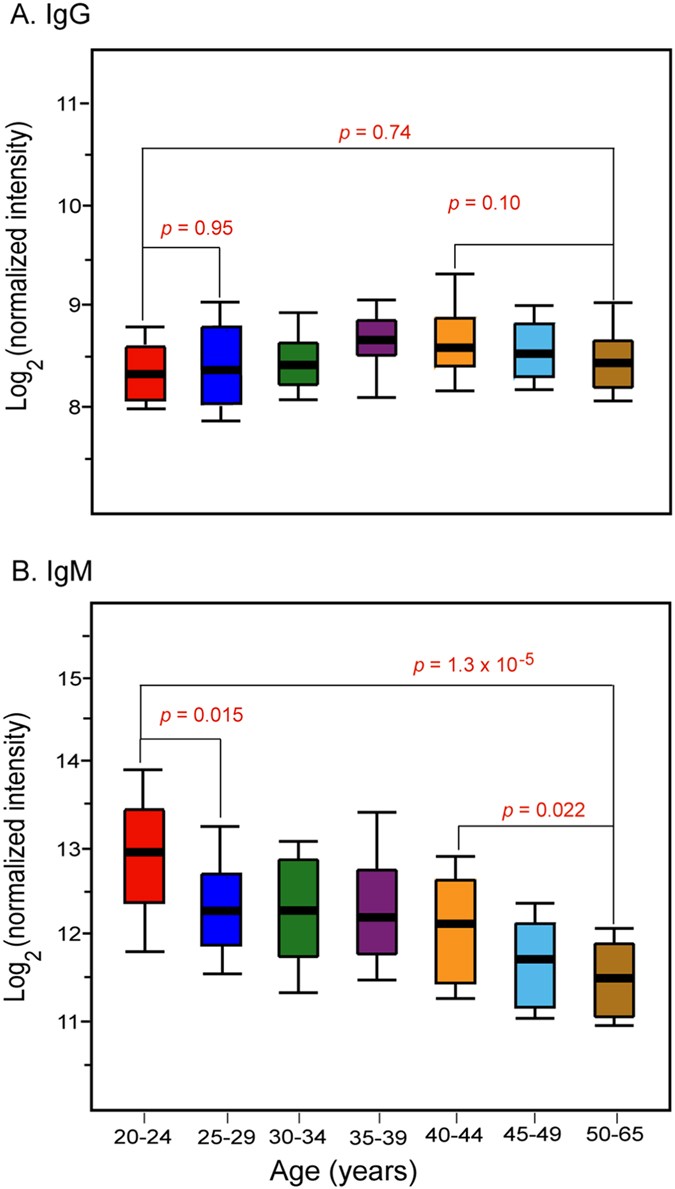
Factors Affecting Anti-Glycan IgG and IgM Repertoires in Human Serum
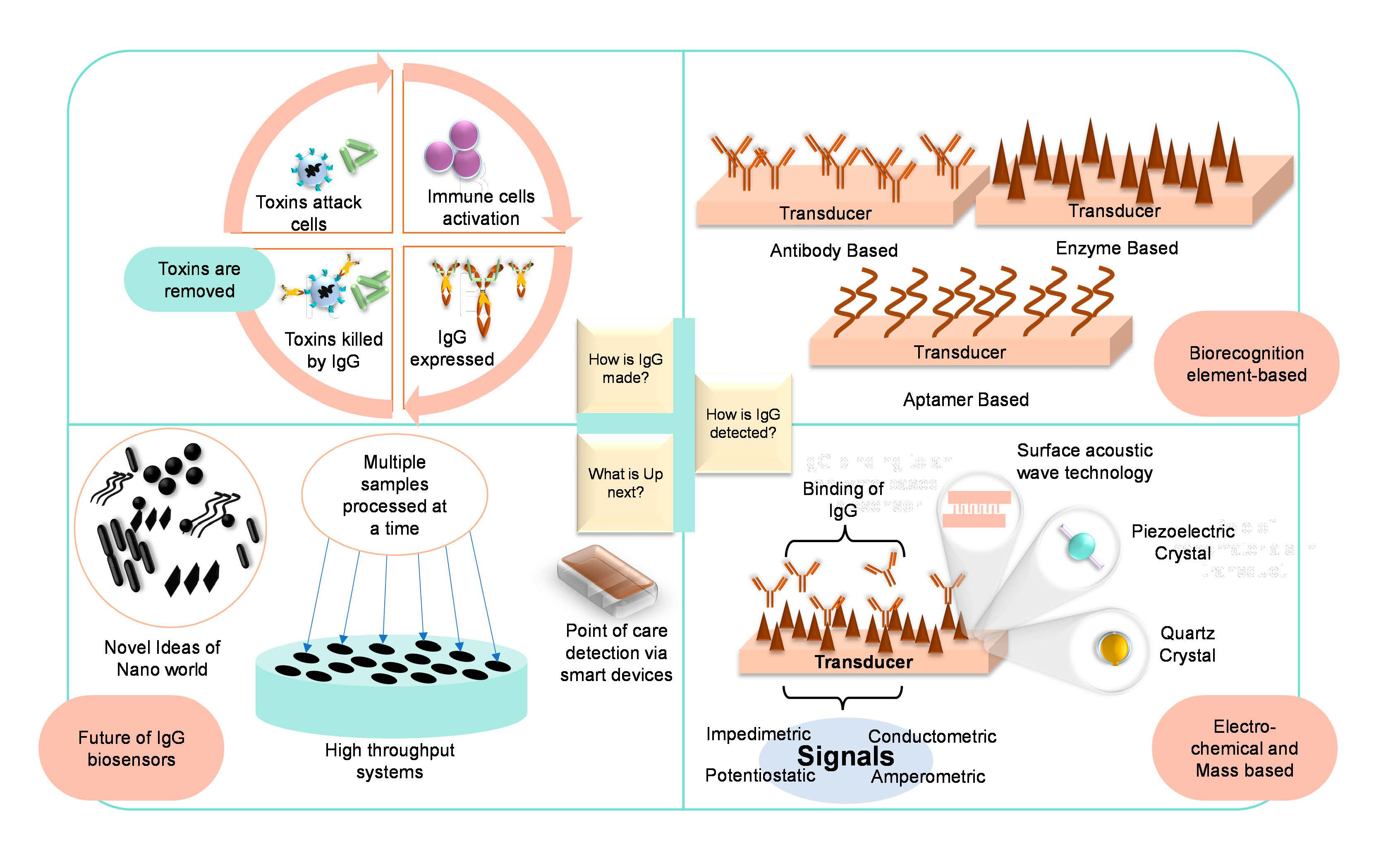
Sensors, Free Full-Text

Glycans in the immune system and The Altered Glycan Theory of Autoimmunity: A critical review - ScienceDirect
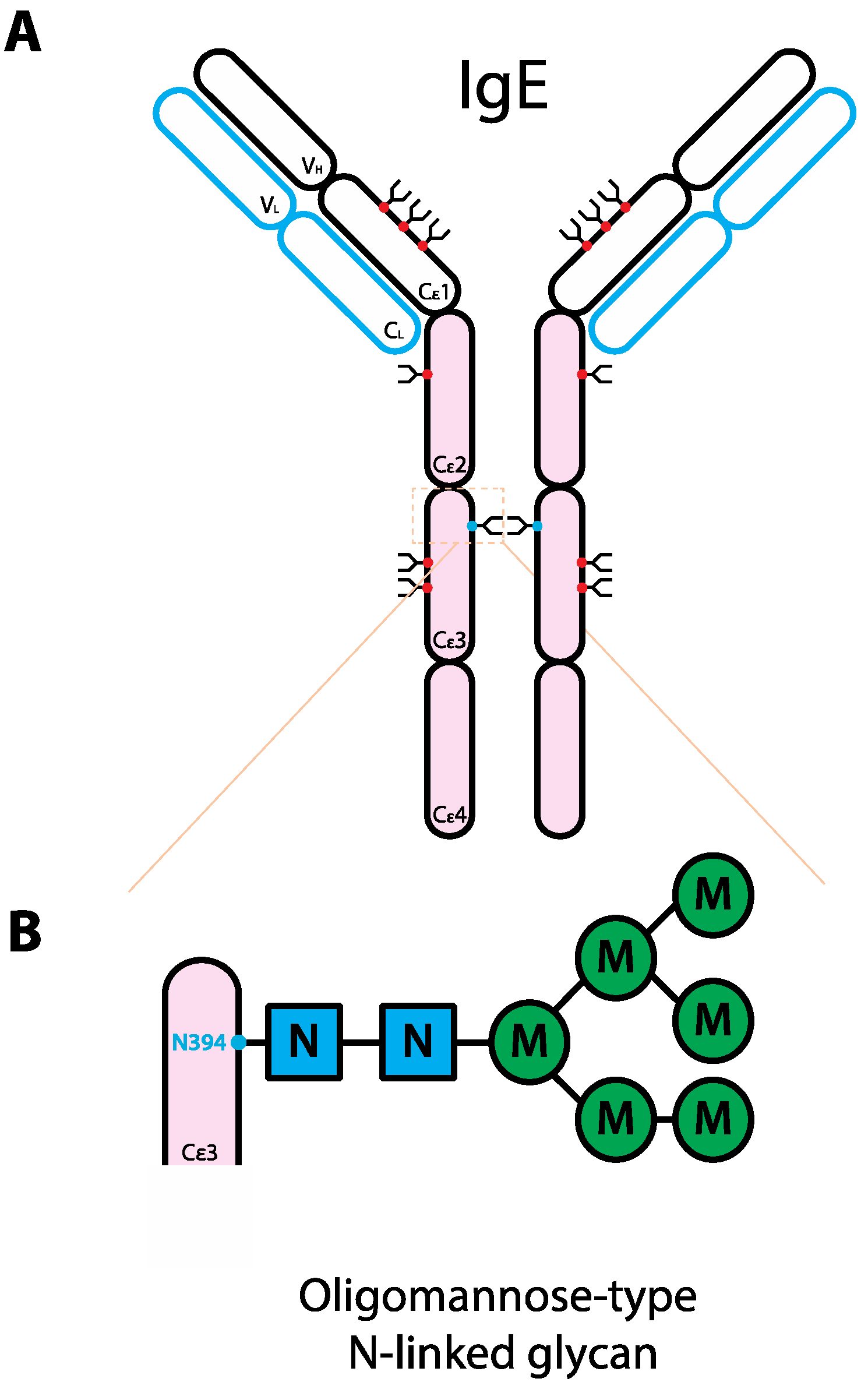
Antibodies, Free Full-Text
Competition between Serum IgG, IgM, and IgA Anti-Glycan Antibodies
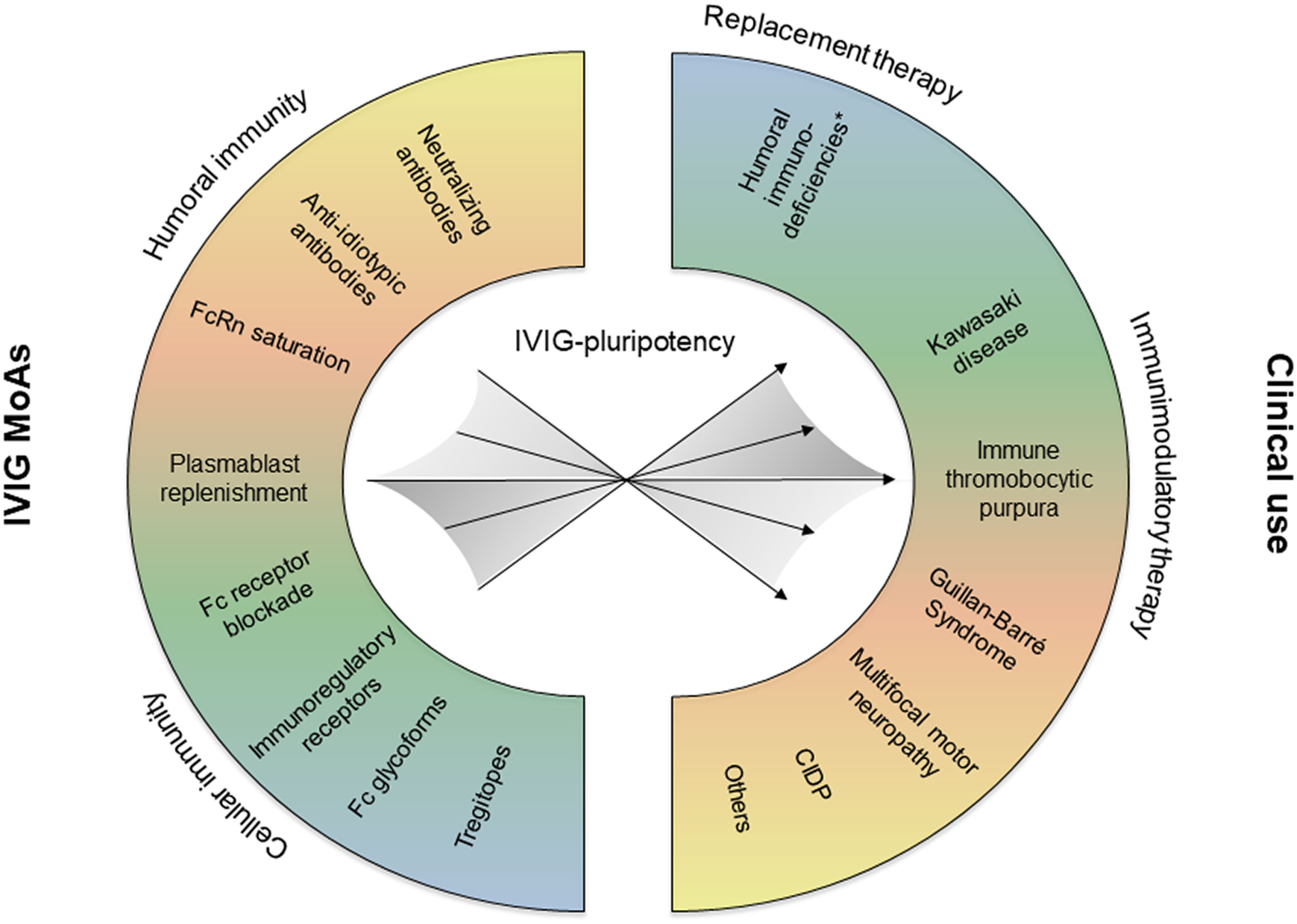
Frontiers Antibody diversity in IVIG: Therapeutic opportunities for novel immunotherapeutic drugs

Development of a Multiplex Glycan Microarray Assay and Comparative Analysis of Human Serum Anti-Glycan IgA, IgG, and IgM Repertoires

Glycan-specific antibodies as potential cancer biomarkers: a focus on microarray applications

Profiling Human Serum Antibodies with a Carbohydrate Antigen Microarray
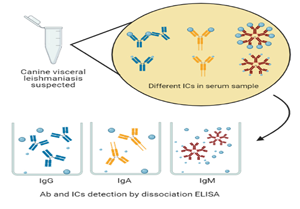
Serum antibodies blocked by glycan antigens in canine visceral leishmaniasis serology are mostly IgA immune complexes, Parasitology
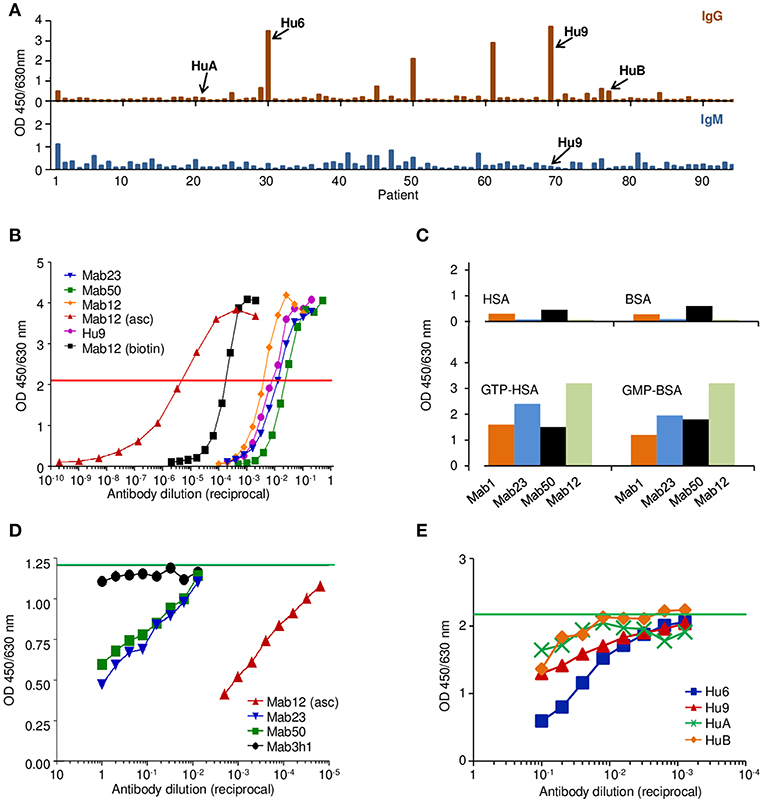
Frontiers IgM Antibodies Can Access Cryptic Antigens Denied to IgG: Hypothesis on Novel Binding Mechanism
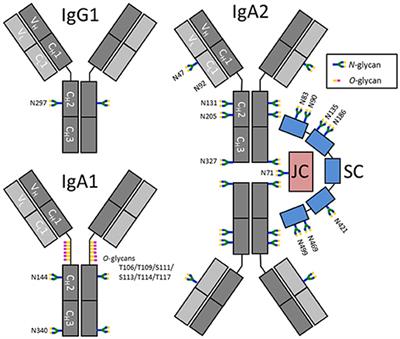
Frontiers Comparative Glycomics of Immunoglobulin A and G From Saliva and Plasma Reveals Biomarker Potential
de
por adulto (o preço varia de acordo com o tamanho do grupo)





